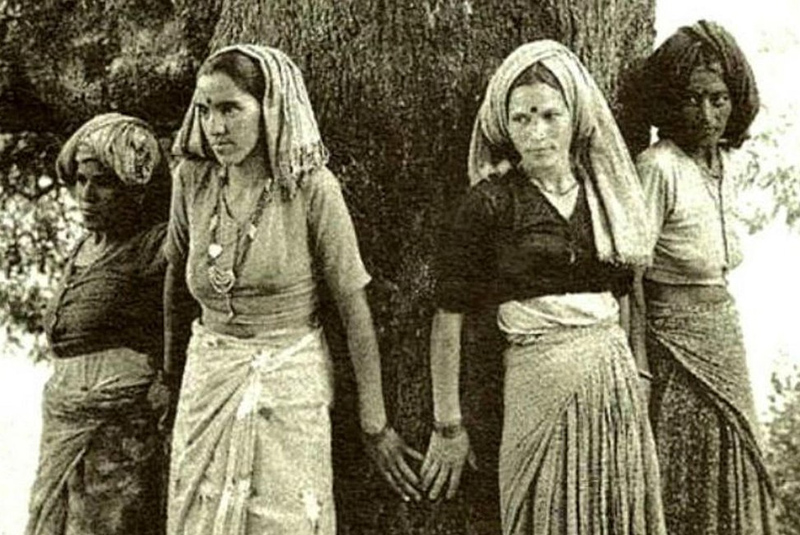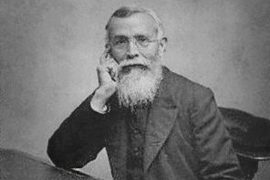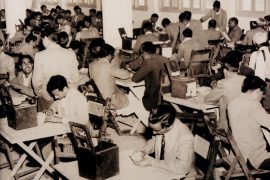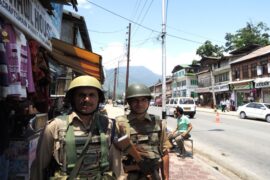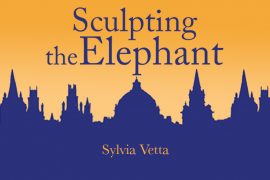“Extreme weather events, including powerful heat waves and devastating floods, are now the new normal,” says the World Meteorological Organization. This a warning to the world, one that portends the disastrous consequences of climate change.
In the contemporary era, environmental activists and the media have started focusing on climate change as an issue of concern only in the recent decades. Recently, Greta Thunberg, the teenage activist, has become the poster girl of climate activism. She has certainly played a part in bringing the issue into focus. She is now a star, a darling of the western media. In real terms, Greta’s activism has focused largely on criticising the world’s leaders for not taking action. But much before her activism became a global phenomenon, a community in India has quiety and firmly stood up for environmental rights.
As the COP 26 summit begins in Glasgow (yet another climate change event, where the world’s leaders and policy makers fly across the world–of course adding to carbon emissions–to talk about climate change issues) buzz words such as “sustainability,” “lowering emissions” and “carbon zero targets” are fashionably touted by the media. As Greta says COP26 is just “blah blah blah.” It is also a great opportunity for pundits, particularly from the developed world, to pontificate about and how the developing world, particularly India and China, some of the “world’s largest emitters,” must agree to reduce their emissions.
As leaders of the developed world pontificate, it would be appropriate to recollect how the Bishonois, a community in north-west India, pioneered environmental activism. The Bishnois of Rajasthan, are the first to to fight for the rights of the environment. Their activism started at a time when there was no internet or social media. They launched their campaign (Aandolan, as they call it) without any buzz words. They risked their lives to protect environmental rights; scholars and analysts call it the Chipko movement.
-30-
Copyright©Madras Courier, All Rights Reserved. You may share using our article tools. Please don't cut articles from madrascourier.com and redistribute by email, post to the web, mobile phone or social media.Please send in your feed back and comments to [email protected]

